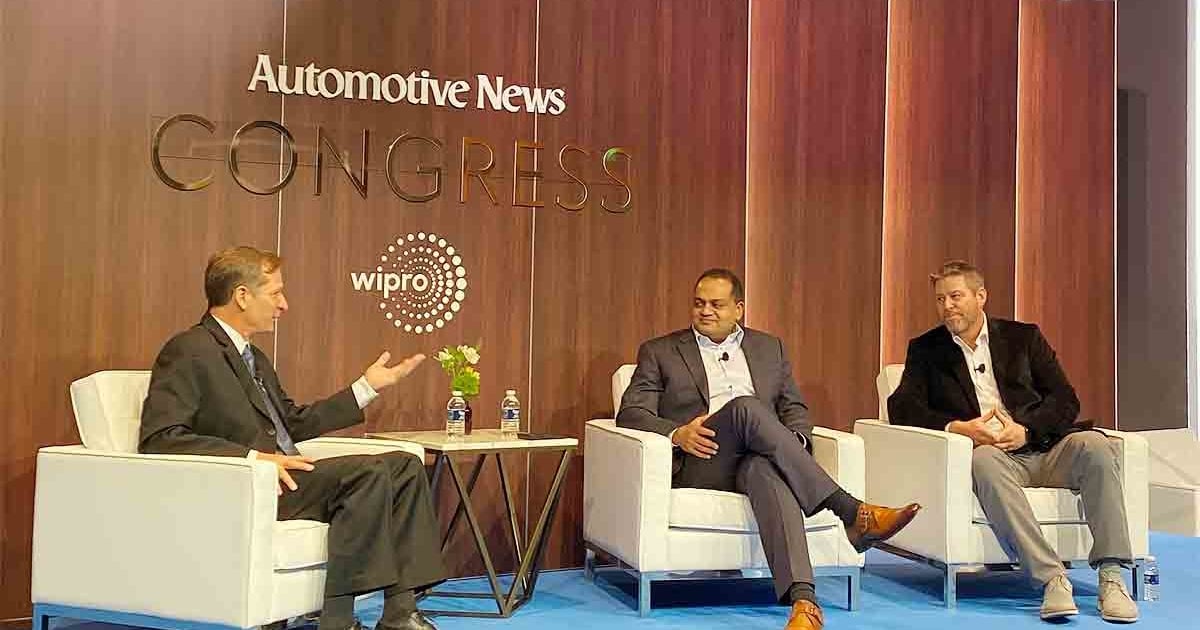
DETROIT — The ongoing digital transformation of the auto industry has not only changed the way vehicles are retailed but the relationship between consumers and automakers as well, according to two executives leading that transformation.
“The cloud is as important a component as the wheels on the vehicle,” Scott Miller, vice president for software defined vehicle and operating system with General Motors, told attendees here at the Automotive News Congress.
Miller said GM will begin rolling out the first foundational systems to eventually enable its vision of fully connected vehicles, Ultifi, next year.
Ultifi is GM’s in-vehicle customer experience platform. The automaker sees that ecosystem eventually extending decades into the future, changing and adapting even through subsequent owners and connecting consumers to a digital world through their vehicles.
The “once-a-century” transformation of the auto industry is underway but will change “every aspect of the traditional automotive enterprise” and “completely reimagine automotive mobility,” requiring partnerships and ultimately industry-wide cooperation, said Sanjay Ravi, general manager of automotive, mobility and transportation industry with Microsoft Corp.
The industry is now in what Ravi termed a “private garden” phase, with automakers and key suppliers keeping and using consumer-generated data privately. Eventually, it will evolve into what he called a “private park” system, where such data is carefully shared, but only with trusted partners, before ultimately moving to a “public park” system where data is shared widely.
Ravi said only 60 percent of vehicles on the road today are able to be connected in some manner to the cloud, “but it’s going to be 100 percent soon. That’s going to be the new table stakes” for automakers going forward, including both legacy manufacturers and new entrants.
“The vehicle and consumers are all going to be part of the ecosystem,” Ravi said. “No one company can do it all. We’re a strong believer in partnerships.”